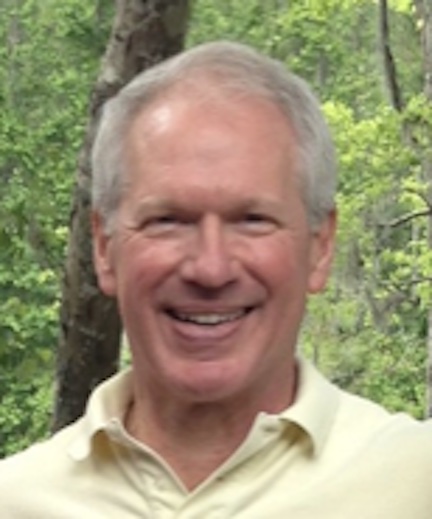GARY WISENBAKER: Trump’s Machiavellian diplomacy
Published 5:37 pm Tuesday, January 14, 2025

- Gary Wisenbaker
Unquestionably President-elect Donald J. Trump’s prior presidency was marked by a blend of calculated unpredictability and controversial decision-making, which elucidated an embrace of what is known as the “madman theory.”
And Mr. Trump’s bringing it back this go-around.
The political theory has historical roots starting in the 1500s with Niccolò Machiavelli who explained that “simulating madness can be a wise tactic.” You may recall that Machiavelli was a diplomat, author, philosopher, and historian who lived during the Italian Renaissance. Best known for his political treatise “The Prince,” written around 1513, he has often been called the father of modern political philosophy and political science and accepted as a political genius.
The madman theory gained prominence under President Richard Nixon, who sought to make Communist Bloc leaders believe he was volatile and unpredictable, which discouraged them from provoking the United States. Mr. Nixon’s approach was influenced by President Dwight D. Eisenhower who used the threat of extreme measures to compel adversaries to come to the table.
Mr. Trump’s strategy, however, is a hybrid. Mixed with his unique brand of theatrics and matter-of-fact rhetoric, he employs it not only in foreign diplomacy but also in domestic affairs to consolidate his base and disrupt political norms. This approach leverages the psychological advantage of unpredictability, forcing opponents to second-guess their moves.
Clever, indeed.
In international affairs, Mr. Trump’s embrace of the madman theory is evident in his unorthodox proposals and confrontational rhetoric.
For instance, his suggestion to take control of Greenland from Denmark, where the Russians and Chinese are expanding bases and shipping routes, raised eyebrows globally. While the proposal is not new (President Harry Truman wanted to purchase it for $100,000,000 in 1947) it was dismissed as absurd. It underscored his willingness to entertain bold, unconventional ideas to safeguard American security and mineral access that disrupted traditional diplomatic norms. It is now discussed as practicality.
Similarly, his assertion that the United States should re-take control of the Panama Canal, where China operates ports on both ends, offers the same observation. And that Canada should become the 51st U.S. state, ostensibly to provoke Canadian Prime Minister Justin Trudeau, reflects his penchant for using provocation as a tool of diplomacy.
The latter may well have been the straw that broke Mr. Trudeau’s political back.
And from a diplomatic “in your face” kind of move to clue Mexican President Claudia Sheinbaum in on the fact that there’s a new coach in town, Mr. Trump’s bold assertion that the Gulf of Mexico will be known as the “Gulf of America” buttressed his intent to challenge Mexico to get control of the cartels and clamp down on illegal immigration. Sheer genius.
Message? Time for Mexico to play ball on the same team with the USA.
And then there was the recent homage house calls to Mar-a-Largo by Big Tech. Those discussions yielded results.
No doubt that the decision by Meta’s CEO Mark Zuckerberg’s to end fact-checking and adopt a “Community Notes” system akin to Elon Musk’s approach on X highlights the broader cultural shift championing the idea of free expression over moderated content. This is a perfect example of the free market policing itself and righting a wrong requiring no government interference.
That these titans of the “open marketplace of ideas” ever knelt at the feet of the totalitarian DEI and fake news altar constructed by the Biden-Harris Administration is reprehensible. Yet there is plenty of room for redemption and forgiveness, even in politics, and Mr. Zuckerberg’s mea culpa seemed sincere and adequate.
Supporters view Mr. Trump’s approach as a bold challenge to the status quo while critics argue that it undermines stability and trust, as if the DC swamp or Biden-Harris debacle reinforced either of the latter. By leveraging unpredictability as both a diplomatic and domestic negotiating tool, Mr. Trump is redefining the role of the modern leader.
Mr. Machiavelli, meet Mr. Trump, your heir.
Gary Wisenbaker (gary@realtyadvisorsga.com) is a REALTOR® at Century 21 Realty Advisors and can be reached at (912)713-2553 and gary50155@gmail.com




